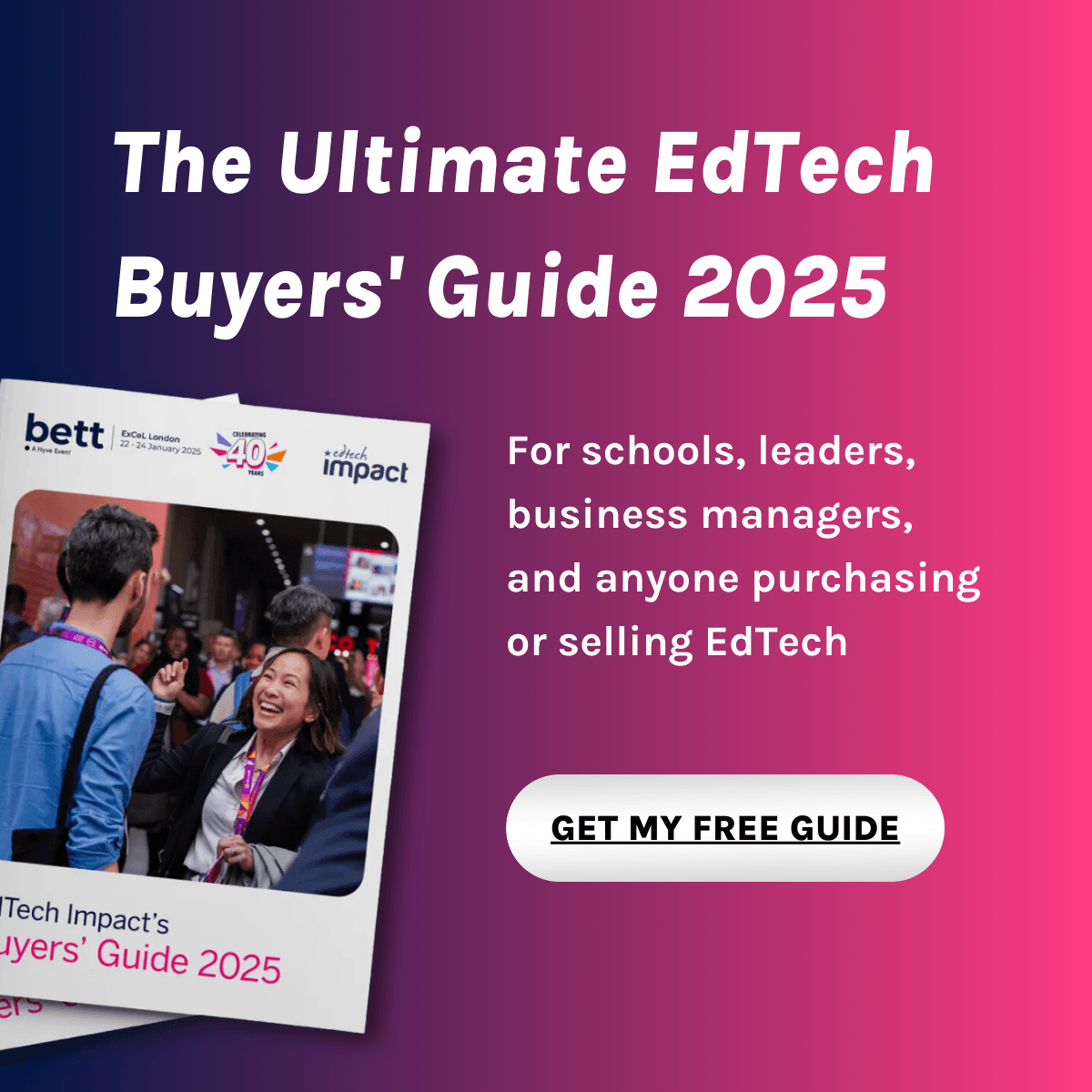What is ELIIS?
ELIIS, or Electronic Learning Information and Instruction System, is a comprehensive digital platform designed to streamline and enhance the educational experience for both teachers and students. It integrates various educational tools and resources into a single, user-friendly interface, making it easier for educators to manage their classrooms and for students to access learning materials. ELIIS aims to foster a more organized and efficient learning environment, ultimately improving educational outcomes.
One of the standout aspects of ELIIS is its ability to centralize all classroom activities. Teachers can create and distribute assignments, track student progress, and communicate with parents and students seamlessly. The platform also supports multimedia content, allowing for a more engaging and interactive learning experience. Additionally, ELIIS offers robust analytics and reporting tools, enabling educators to make data-driven decisions to better support their students' learning journeys.
Implementation of ELIIS in schools typically involves a phased approach to ensure a smooth transition. Initially, educators and administrative staff receive comprehensive training to familiarize themselves with the platform's functionalities. Following this, the system is gradually rolled out to students and parents, with ongoing support provided to address any challenges that may arise. Schools often see a significant improvement in administrative efficiency and student engagement shortly after adopting ELIIS, making it a valuable addition to the educational landscape.
Compare ELIIS with...
ELIIS Reviews
No reviews.
This product has not received any reviews yet. Be the first!
Pedagogy
Certified by Education Alliance Finland, 01/2020
EAF Evaluation is an academically-backed approach to evaluating the pedagogical design of a product. EAF evaluators assess the product using criteria that covers the most essential pedagogical aspects in the learning experience.
Learning goals
Certified by Education Alliance Finland
The supported learning goals are identified by mapping the product against the selected reference curriculum and soft skills definitions most relevant for the 21st century.
- The following learning goals describe how Eliis can help the kindergarten teacher on their professional development and are based on the goals for Master's degree for early education pedagogist in Finland.
- Practicing communication through different channels
- Practicing to evaluate one's own learning
- Practicing to set one's own learning goals
- Practicing to take responsibility of one's own learning
- Practicing to find ways of working that are best for oneself
- Practicing to look things from different perspectives
- Developing problem solving skills
- Understanding technological system operations through making
- Practicing to take care of own and other people’s safety
- Practicing to take care of one's own wellbeing and health
- Learning to face failures and disappointments
- Practicing to notice links between subjects learned
- Encouraging to build new information and visions
- Learning to build information on top of previously learned
- Learning to understand the meaning of rules, contracts and trust
- Using technology resources for problem solving
- Encouraging the growth of positive self-image
- Enabling the growth of positive self-image
- Learning to find the joy of learning and new challenges
- Using technology as a part of explorative process
- Using technology to express one’s emotions and experiences
- Using technology for interaction and collaboration
- Using technological resources for finding and applying information
- Practicing to work with others
- Practicing to set one's own learning goals
- Practicing to find ways of working that are best for oneself
- Practicing persistent working
- Learning to understand and interpret diverse types of texts
- Learning to plan and design own written content and textual representations
- Practicing to express own thoughts and feelings
- Practicing communication through different channels
- Practicing to evaluate one's own learning
- Student will understand that the curriculum is the starting point for teaching.
- Student is able to plan, implement and evaluate teaching.
- Student knows how to use ICT tools and applications that are essential to his / her teaching.
- Student knows the core curriculum of the subjects they teach.
- Student understands the role of the curriculum as a guiding element in teaching, learning and education.
- Student knows the basic concepts and processes of human growth and development of identity.
- Student develops skills in analyzing and documenting teaching and learning.
- Practicing to find, evaluate and share information
- Practicing to use information independently and interactively
- Using technology for interaction and collaboration (also internationally)
- Using technology for interaction and collaboration
- Practicing logical reasoning, algorithms and programming through making
- Understanding and practicing safe and responsible uses of technology
- Understanding technological system operations through making
- Building common knowledge of technological solutions and their meaning in everyday life
- Practicing to take care of one's own and other people’s safety
- Practicing to notice links between subjects learned
- Learning to combine information to find new innovations
- Encouraging to build new information and visions
- Learning to build information on top of previously learned
- Encouraging to build new information and visions
- Supporting student to build their own linguistic and cultural identity
- Learning to know and respect human rights
- Realizing the connection between subjects learned in free time and their impact to skills needed at worklife
- Connecting subjects learned at school to skills needed at working life
- Practicing versatile ways of working
- Practicing decision making
- Learning to plan and organize work processes
- Practicing time management
- Encouraging positive attitude towards working life
- Enabling the growth of positive self-image



